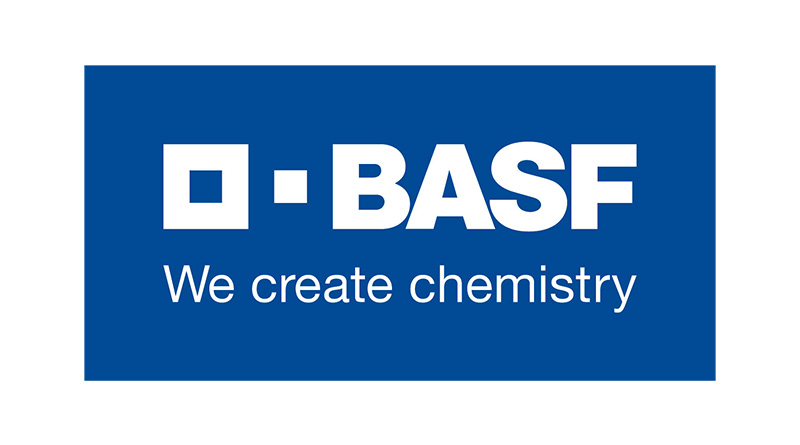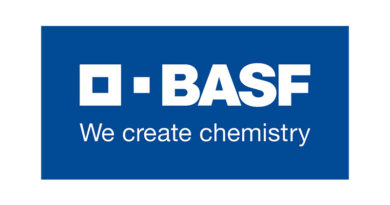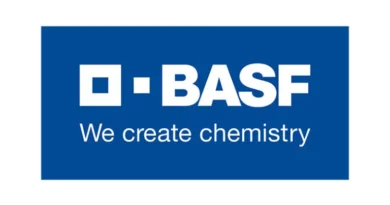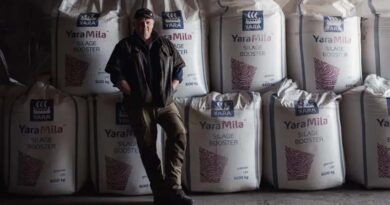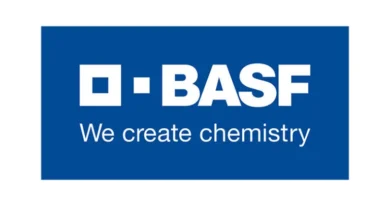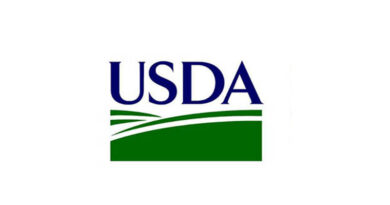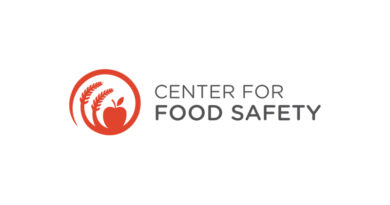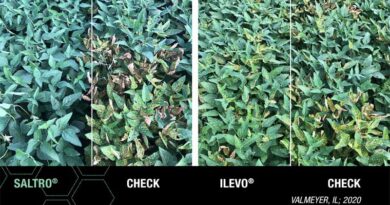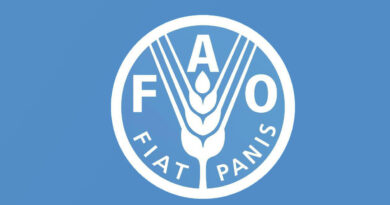BASF publishes Life Cycle Assessment (LCA) study on polyamides from chemically recycled or renewable raw materials in mozzarella packaging
- Panel-reviewed LCA study comparing different formats and raw materials in a packaging life cycle
- Flexible multi-layer packaging using sustainable feedstock with highest reduction in CO2 emissions
- Investigation of different additional scenarios on climate change impact
03 August 2023, US: BASF has published its new Life Cycle Assessment (LCA) study on the environmental impact of a mozzarella packaging using various alternative raw materials in the production of food-grade plastics. These raw materials are attributed to the plastics via a certified mass balance approach and the study compares a flexible multi-layer packaging with the same packaging based on fossil feedstock. Additionally, a fossil-based rigid mozzarella packaging was examined. The study has been reviewed by a panel of three independent experts.
“This exercise helps us to better understand the environmental impacts of both the packaging format as well as the raw material source within a mozzarella packaging’s entire life cycle”, said Dr. Paul Neumann, New Business Development & Sustainability Polyamides Europe, BASF.
The packaging format plays an important role with regard to its environmental performance: the rigid tray packaging system which consists of a mono polypropylene tray, combined with a multi-layer lid film, showcases the highest potential environmental impact in nearly all categories compared to flexible multi-layer packaging. This illustrates the possible beneficial effects of flexible packaging by using significantly less raw material and thus producing less packaging waste.
“With our partners Südpack and Sphera, we additionally examined the usage of different sustainable feedstocks in the flexible multi-layer mozzarella packaging, be it BASF’s sustainable mass-balanced polyamides Ultramid® Ccycled®, produced by using chemically recycled feedstock, or Ultramid® BMBcert, produced by using renewable feedstock, in the mix with polyethylene,” explained Neumann. The results demonstrate that significantly lower environmental impacts, primarily resulting in a reduction of CO2 emissions, can be achieved by using flexible multi-layer packaging with a large share of chemically recycled or renewable raw materials.
In addition, various technical and methodical scenarios, such as the usage of green electricity and chemical or mechanical recycling at the product’s end of life have been investigated.
More details on the study which followed the guidance of and is consistent with the international standards for Life Cycle Assessment (ISO 14040:2006 and 14044:2006) and for Carbon Footprint of Products (ISO 14067:2018) can be found at Life cycle assessment (LCA) mozzarella packaging.
Also Read: India’s decision to ban the export of non-basmati rice created a worldwide uproar
(For Latest Agriculture News & Updates, follow Krishak Jagat on Google News)

